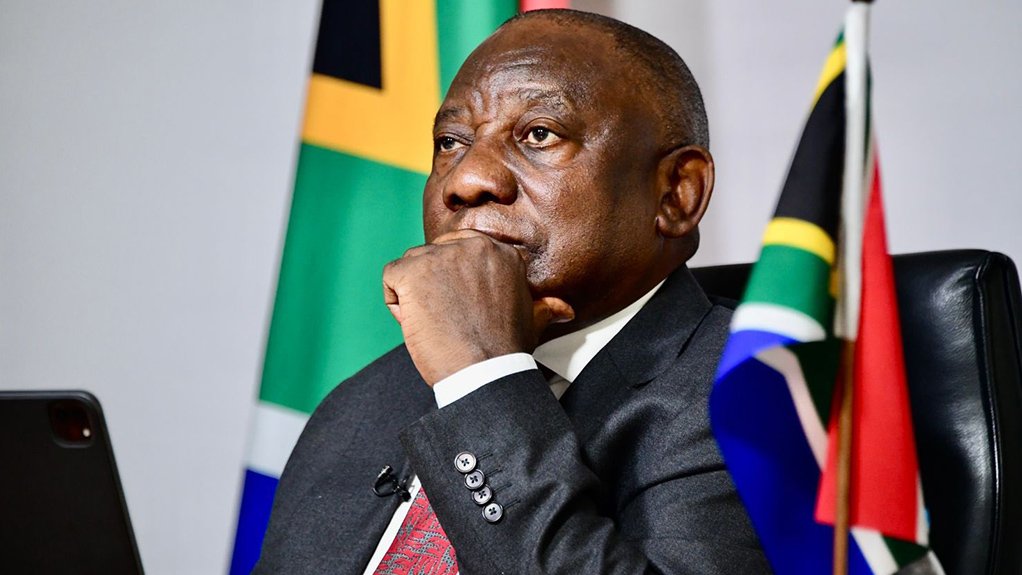President Cyril Ramaphosa noted on Monday that by reducing debt, government will spend more on improving infrastructure, schools and hospitals, and making communities safer.
Ramaphosa wrote in his weekly letter to the nation that the less the State borrows, the more can be invested in the economy.
“This will help to create a virtuous cycle of investment and growth in the years to come,” he said.
He noted that over the past 15 years, the country’s debt burden had seen government spend more on interest payments than on education or health care services.
Last week, Finance Minister Enoch Godongwana presented the national Budget, which Ramaphosa believes will help achieve more rapid and inclusive economic growth while supporting government’s developmental goals.
He said that the 2024 Budget showed that government was staying the course in its commitment to achieve a sustainable fiscal trajectory.
He highlighted that over the last five years, government had taken several actions to get the economy back on track.
“We have implemented far-reaching reforms in the energy, logistics, water and telecommunications sectors to address the binding constraints on growth. We have created a stable macroeconomic environment to encourage investment. And we have expanded public employment and social protection to create jobs and provide an income for those who are unemployed,” he noted.
He said that while the country’s economy had been weighed down by more than a decade of low growth and rising debt, made worse during the State capture era, the 2024 Budget showed that government was heading in the right direction.
He said that the Bdget took the country further along the path of reviving its economy and rebuilding its institutions.
Ramaphosa said the Budget protected critical services and social spending.
“We have allocated additional funds for service delivery, which will help to pay the salaries of police officers, teachers, nurses and doctors. This year alone, we will spend more than R480-billion on education, R272-billion on health and R265-billion on other services like water, housing and public transport. A further R7.4-billion will go towards the Presidential Employment Stimulus, which has already created more than 1.7-million opportunities for work and livelihoods over the last three years, ensuring that key programmes like school assistants will continue,” he said.
Ramaphosa said that government was also increasing social grants to help the poorest households cope with the rising cost of living. He added that additional money had been allocated to the fight against corruption and State capture, following through on the commitment he made in the State of the Nation Address.
NEW MEASURES
The Budget included new measures to support growth and create jobs, while rebuilding infrastructure, with a new R2-billion grant established to fund the rollout of smart meters in municipalities, which Ramaphosa said would help to modernise the country’s electricity system and reduce loadshedding.
A “generous incentive” will be introduced to support the manufacturing of electric vehicles from 2026 onwards, as part of government’s commitment to position South Africa as a leading player in the green economy, he explained.
Ramaphosa added that innovative new funding instruments had been introduced for infrastructure projects, and National Treasury had published revised regulations to make it easier to implement public-private partnerships.
These measures aim to enable much greater investment in infrastructure.
“We are determined to continue on this path, following through on economic reforms, getting our public finances in shape and protecting basic services for the poor. Working together we will ensure that better years lie ahead,” he explained.
EMAIL THIS ARTICLE SAVE THIS ARTICLE ARTICLE ENQUIRY
To subscribe email subscriptions@creamermedia.co.za or click here
To advertise email advertising@creamermedia.co.za or click here











